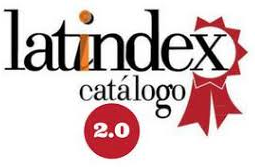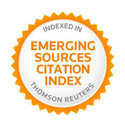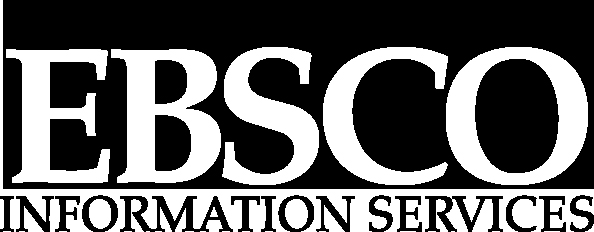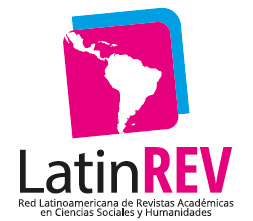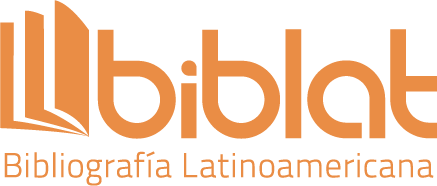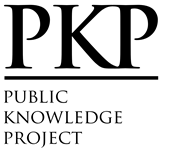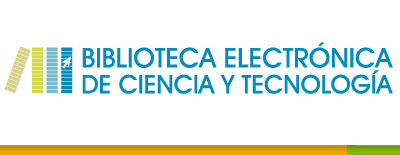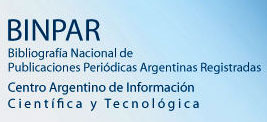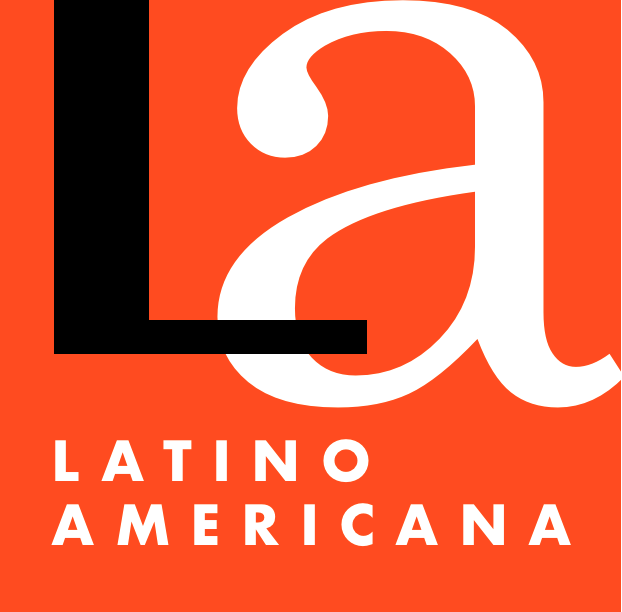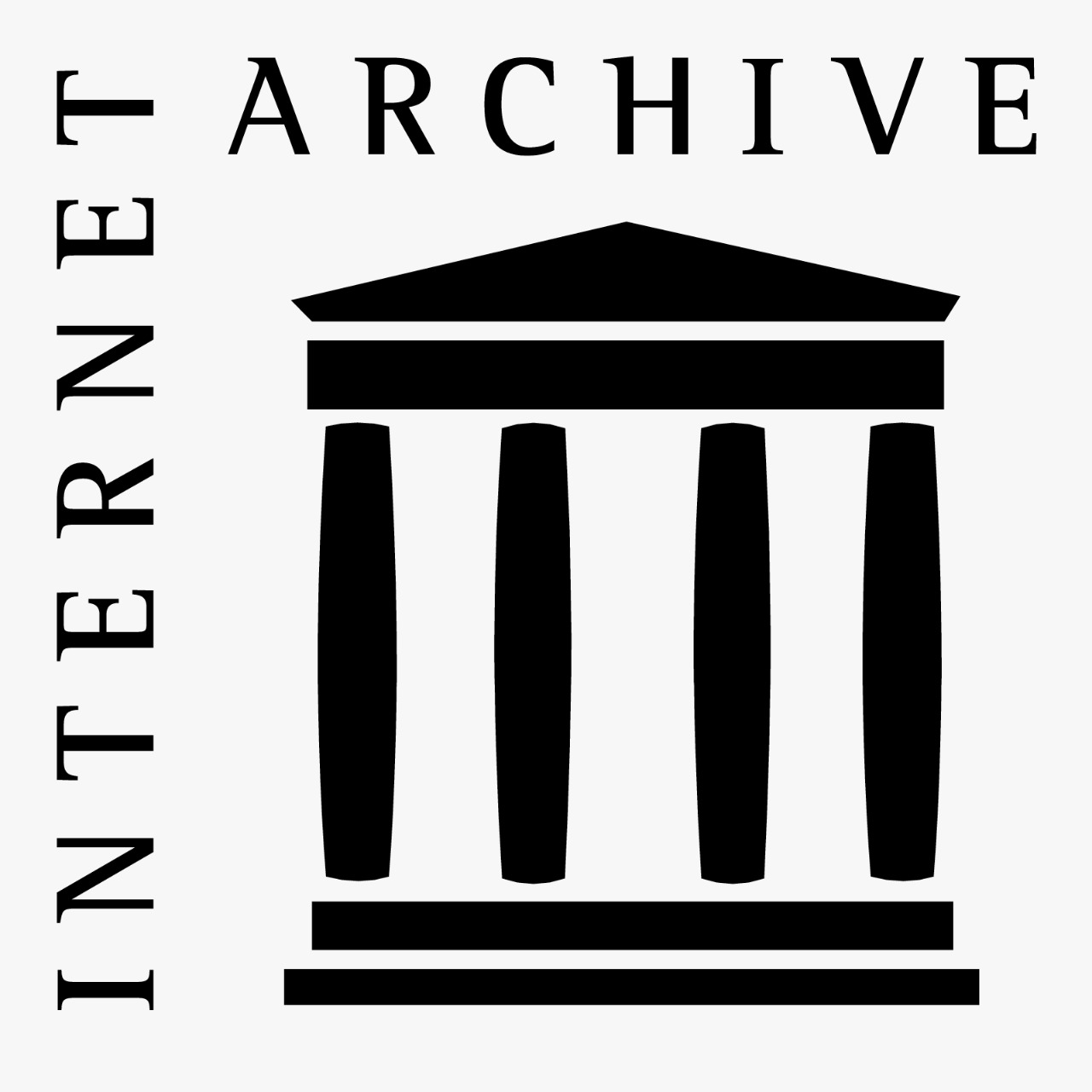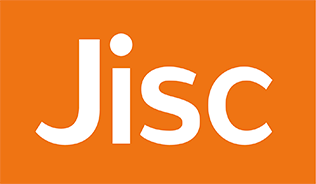Profesionalización e industrialización del modelo productivo del podcast en la Argentina
Un estudio de los modelos de negocio de las redes y productoras locales entre 2019 y 2020
DOI:
https://doi.org/10.26422/aucom.2022.1102.espPalabras clave:
podcast, modelos de negocio, contenido radiofónico, producto cultural, industrialización, profesionalizaciónResumen
Este artículo se propone analizar la situación particular de la producción de podcast en la Argentina entre los años 2019 y 2020. Para realizar ese trabajo se toman en cuenta aristas relacionadas a los contenidos, su comercialización, su distribución y sus modos de producción. La relevancia de analizar esta cuestión está ligada al estado o momento en el que se encuentra la producción de podcasts en América Latina en general y en la Argentina en particular. Sellas y Bonet (2019) consideran al podcast como una producción cultural no industrializada.
Este trabajo toma una metodología descriptiva adoptada que permite realizar descripciones, análisis y categorizaciones de los modelos estudiados en los casos analizados (nueve). Se utilizan dos métodos principales de obtención de información sobre el objeto en cuestión: el análisis de contenido y elementos de los espacios estudiados (apps, perfiles en plataformas y webs) y entrevistas semiestructuradas en profundidad con distintos actores clave.
El artículo encuentra que el podcast se inserta en el ecosistema radiofónico digital como una producción cultural que excepcionalmente se realiza de manera profesional y rentable. En el ámbito argentino, aún en las productoras más relevantes la producción se realiza de manera amateur o voluntaria por dificultades para la generación de ingreso. Esto redunda en unos contenidos principalmente conversacionales y poca inversión en formatos narrativos. Spotify aparece como un actor clave y de doble filo en este proceso de industrialización y profesionalización: tiene la capacidad de ampliar la llegada, pero también de generar una extrema dependencia en los modelos de financiamiento y producción del mercado local.
Descargas
Referencias
Berry, R. (2016). Podcasting: Considering the evolution of the medium and its association with the word ‘radio’. Radio Journal: International Studies in Broadcast y Audio Media, 14(1), 7-22.
Bonet, M., y Sellas, T. (2019). Del flujo al stock: el programador radiofónico ante la gestión del catálogo digital. El profesional de la información (EPI), 28(1).
Bonini, T. (2015). The ‘second age’of podcasting: Reframing podcasting as a new digital mass medium. Quaderns del CAC, 41(18), 21-30.
Cea-Esteruelas, M. (2013). Economía de los cibermedios: modelos de ingresos y fuentes de financiación. El profesional de la información, 22(4), 353-361.
EGTA (2019), Podcast monetisation strategies y Best Practices, Egta insights. Disponible en: http://www.egta.com/uploads/insights/2019_egta_insight_podcast.pdf
Gallego Pérez, I. (2012). “La audiencia en la radio: viejos roles, nuevas funciones”. En Gallego Pérez, Ignacio y García Leiva, Trinidad (Coords.) Sintonizando el future: Radio y producción Sonora en el siglo XX (pp. 209-228). Instituto RTVE.
García-Marín, D., y Aparici, R. (2018). Nueva comunicación sonora. Cartografía, gramática y narrativa transmedia del podcasting. El profesional de la información (EPI), 27(5), 1071-1081.
Izuzquiza, F. (2019) El Gran cuaderno del Podcasting. Kailas.
Kischinhevsky, M. (2017). Radio y medios sociales: mediaciones e interacciones radiofónicas digitales. Editorial UOC, 1-210.
Markman, K. M. (2012). Doing radio, making friends, and having fun: Exploring the motivations of independent audio podcasters. New Media y Society, 14(4), 547-565.
Moreno Cazalla, L. (2018). La Radio Online en España ante la convergencia mediática: sintonizando con un nuevo ecosistema digital y una audiencia hiperconectada (Doctoral dissertation, Universidad Complutense de Madrid).
Newman, N., y Gallo, N. (2019). News podcasts and the opportunities for publishers. Reuters Institute.
Orrantia, A. (2020). Diez claves para contar buenas historias en podcast: O como producir contenidos en un entorno digital cambiante. Editorial UOC.
Osterwalder, A., Pigneur, Y. y Tucci, C. (2005). Clarifying business models: originis, present and future of the concept. Communications of the Association for Information Systems, 16, art. 1.
Pérez-Alaejos, P., Pedrero-Esteban, L. M., y Asier, L. A. (2018). La oferta nativa de podcast en la radio comercial española: contenidos, géneros y tedencias. Fonseca, Journal of Communication, (17), 91-106.
Piñeiro-Otero, T. (2015). Del jingle a las radios corporativas: una aproximación al concepto de audiobranding. Prisma Social: revista de investigación social, (14), 663-668.
Sellas, T., y Solà, S. (2019). Podium Podcast and the freedom of podcasting: Beyond the limits of radio programming and production constraints. Radio Journal: International Studies in Broadcast y Audio Media, 17(1), 63-81.
Sullivan, J., Aufderheide, P., Bonini, T., Berry, R., y Llinares, D. (2020). Podcasting in transition: formalization and its disconnects. AoIR Selected Papers of Internet Research.
Publicado
Número
Sección
Licencia
Los autores conservan los derechos de autor y garantizan a la revista el derecho de ser la primera publicación del trabajo. En caso de que puedan publicar en otra revista una traducción del artículo ya publicado en Austral Comunicación, se pide dejar constancia en la versión traducida sobre la publicación original.
La licencia utilizada es CC BY-NC-SA, que permite compartir (copiar y redistribuir el material en cualquier medio y formato) y adaptar (remezclar, transformar y construir sobre el material) bajo los siguientes términos: atribución (reconocer la autoría) y no comercial (no se puede utilizar el material para fines comerciales). Actualización: 1 de febrero de 2022.
Austral Comunicación permite al autor(es) retener los derechos de publicación sin restricciones.






